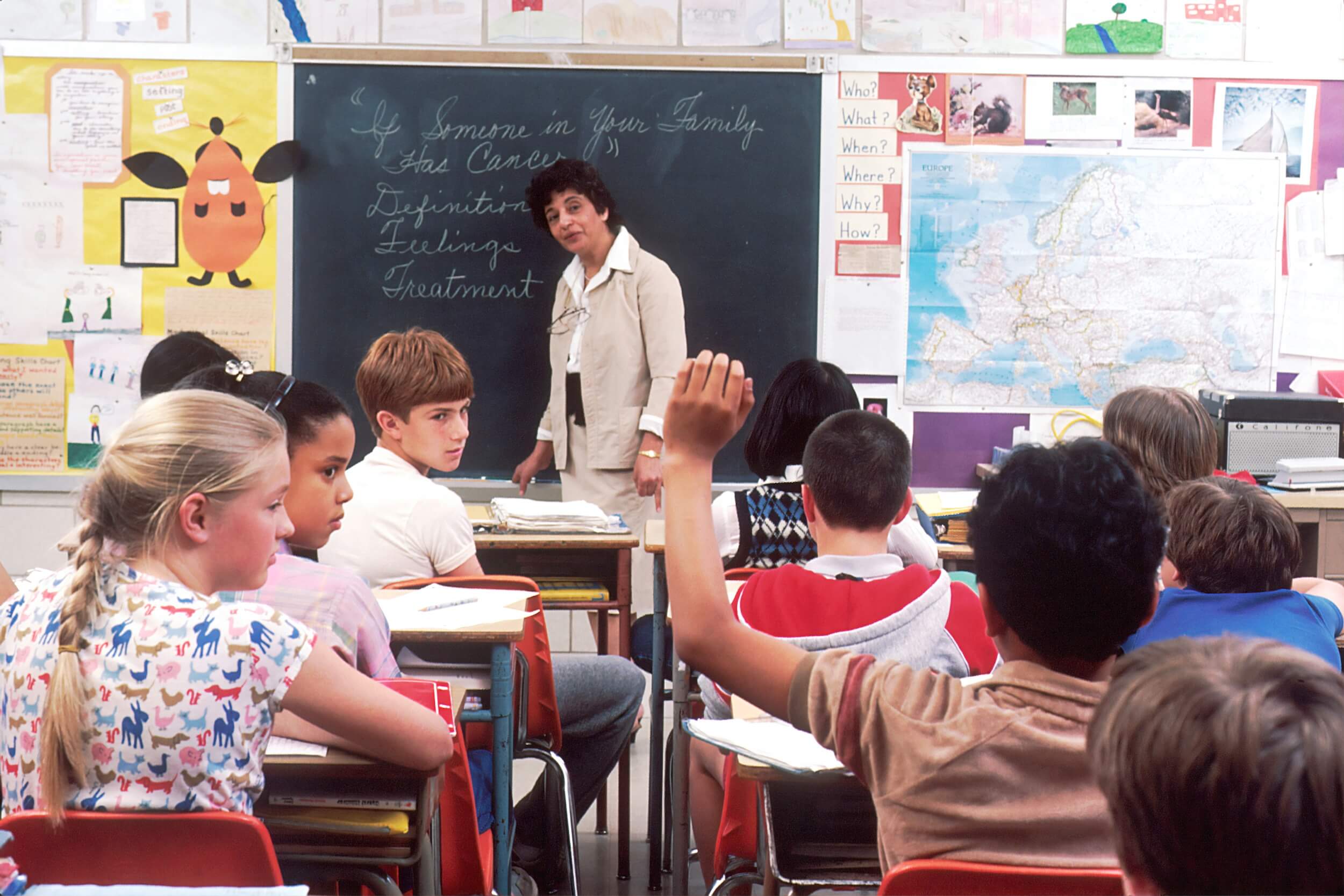We have written at length about the power of executive function at school and at home. However, we often focus on how executive function interacts with areas of academic life in middle school or high school. In this post, we turn our attention to a younger audience: children between the ages of three and eight. Although most our one-on-one academic coaching work takes place with teenagers and young adults, it’s important to recognize the role executive function plays in the early years.
Early childhood education forms the core of student’s cogitative, behavioral, and social functions. It’s no surprise the executive function, then, is pivotal to the early childhood educational curriculum. Executive function skills are the cognitive processes that allow individuals to plan, organize, prioritize, initiate, monitor, and adjust their behaviors to reach a goal. Research has shown that executive function skills are closely linked to academic success, social competence, and mental health. Children with strong executive function skills are better able to focus their attention, control their impulses, solve problems, and persist through challenges. As such, it is important for parents and educators to understand the importance of executive function and how to promote its development in young children. Here are a few ways parents and educators can support early executive function development.
Create a Structured Learning Environment
Young children thrive in structured environments that provide a sense of order and routine. Establishing a predictable routine and clear expectations can help children develop their self-regulation skills and increase their attention span. For instance, teachers of young children can establish a pre-class routine to help students transition to the learning environment. By having students follow a determined routine (i.e put your backpack away, get a workbook from the shelf, start the exercise on the board) students will strengthen the neural connections necessary for self-control, impulse control, and prioritization. Parents can mimic this strategy at home by having pre-set morning and evening routines for their children. To help students develop goal-orientation, add checklists to these routines at school and at home.
Promote Self-Regulation
Self-regulation is a key component of executive function. Educators can help children develop self-regulation skills by teaching them to identify their emotions and providing opportunities to practice self-control. At an early age, many children struggle to regulate their emotions – excitement morphs into disruption, sadness turns into a meltdown, and irritation becomes anger. Early in a child’s educational journey it’s important to instill emotional awareness and self-regulation in addition to all of the other skills students pick up in class. One of our favorite emotional regulation tools is the “name it to tame it” tactic. When a student becomes overwhelmed with emotion, a parent or teacher can encourage them to identify the emotion, describe its contours, and choose the right response. Increasing awareness is just one component of self-regulation, though. Parents and teachers can also introduce students to a wide variety of mindfulness techniques such as 4-7-8 breathing and journaling.
Encourage Play-Based Learning
Play-based learning allows children to explore and learn through hands-on experiences, promoting problem-solving skills and creatively. Play-based learning can also help children develop their executive function skills by giving them opportunities to practice planning, organizing, and executing tasks. During play-based learning, children experience the stimuli necessary to strengthen the pre-frontal cortex. Using the all too familiar air traffic controller analogy, the pre-frontal cortex helps students sort the stimuli they receive into the proper area so that they can respond appropriately. This function becomes increasingly vital as students matriculate through the grade levels, particularly during the hectic high school and college years when students face competing priorities, time constraints, and unmonitored projects. By practicing these crucial skills at an early age through play-based learning, parents and educators can prepare students for the challenges in the years ahead.
Foster Positive Relationships & Impression Management
Positive relationships with adults and peers are essential for children’s social and emotional development. Impression management is the fourth pillar of our unique executive function curriculum for a reason. By teaching students to better manage the impressions they leave on teachers, parents, and peers, we prepare students for the challenges of the real world. In school and in the workplace, EQ is just as if not more valuable than IQ. Thus, the earlier students learn the value of impression management, the better. Parents and teachers can promote positive relationships by modeling positive social behaviors, creating opportunities for collaborative learning, and providing a safe and supportive learning environment. Parents and caregivers play a critical role in supporting their children’s development of executive function skills. Educators can also engage families by providing resources and information about executive function, promoting home-school partnerships, and creating opportunities for families to get involved in their child’s education.
Closing Thoughts
Executive function skills are essential for a child’s success in school and in life. Early education is a critical period for developing these skills, and educators play a key role in promoting their development. By creating a structured learning environment, promoting self-regulation, encouraging play-based learning, fostering positive relationships, and engaging families, educators can help young children develop the executive function skills they need for lifelong success.
For more ideas on encouraging executive function development, please check out our blog. If your child could benefit from one-on-one academic coaching, please reach out today to learn more about our services.





